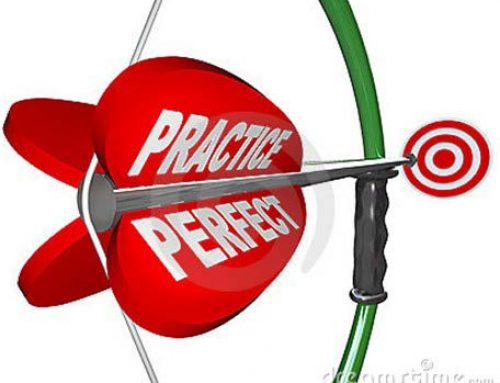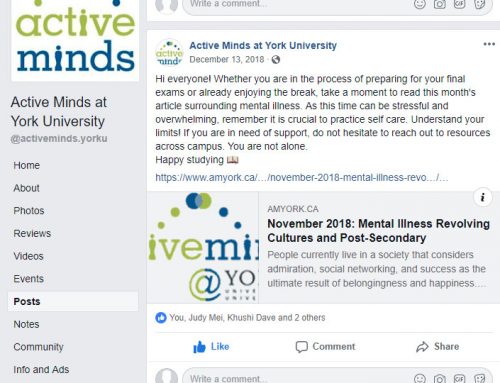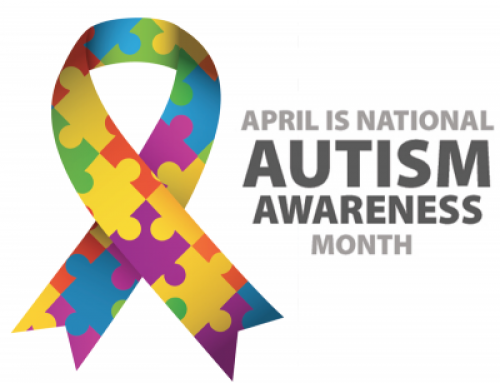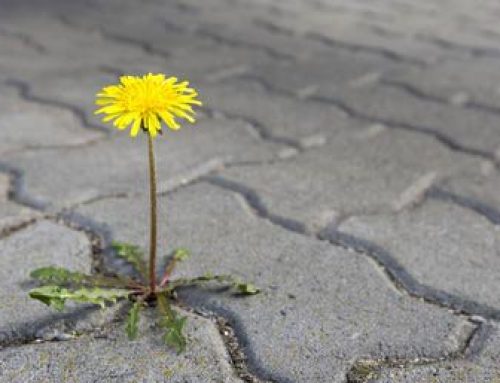In a world where uncertainly lingers near every decision and change is at the threshold of progress, we yearn for strong and enduring relationships that can withstand the weather the storms of life. Resilience is an important topic in development and mental health. We can first begin by defining resilience. From a Walsh in “Strengthening Family Resilience” ascribes resilience to the capacity to rebound from adversity strengthened and more resourceful. But what about adversity that can not be undone, such as severe trauma or broken families were wounds can only be nursed to for a lengthened time after the event? Therefore resilience entails more than merely surviving but rather going on to live life fully and to your full potential. It is important to distinguish the quality of resilience from its society attributed notion of being “invulnerable” or “self-sufficient”. Resilience requires openness to experiences and interdependence with others.
There are a number of studies that affirm that resilient individuals are not those that maintain a steady state of high functioning or competence through tribulations. However our culture breeds
the aversion of disability and the dispension of “chirpy advice” to get over it. This ethos impacts us all, but we must be careful not to equate competent functioning with resilience, which is more inclusive of the whole person. We must strive to integrate the fullness of a crisis experience into our individual identity and the fabric of our daily lives. From Strengthening Family Resilience by Froma Walsh
Ten Ways to Build Resilience
- Make Connections : relationships are important. Be able to accept help and support from people who care about you
- Avoid seeing crisis as insurmount-able problems– you can’t change the fact that stressful events happen but you can change HOW you respond
- Accept that change is a part of living-accept circumstances cannot be changed
- Move toward realistic goals
- Take decisive actions
- Look for opportunities for self-discovery –realize you have grown due to struggle
- Nurture positive view of yourself
- Keep things in perspective-stressful? —>Think long term perspective
- Maintain a Hopeful Outlook
- Take Care of Yourself
Adapted from http:// health.howstuffworks.com/mental-health/coping/ten-ways-to-build-resilience10.htm


























